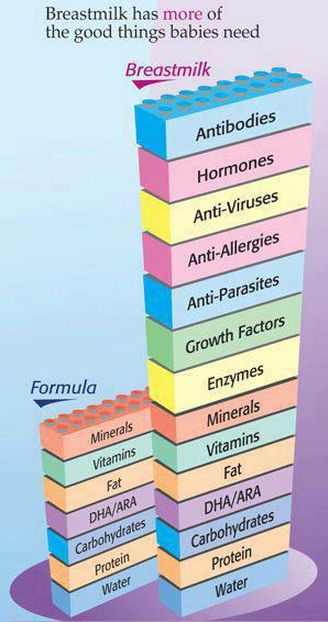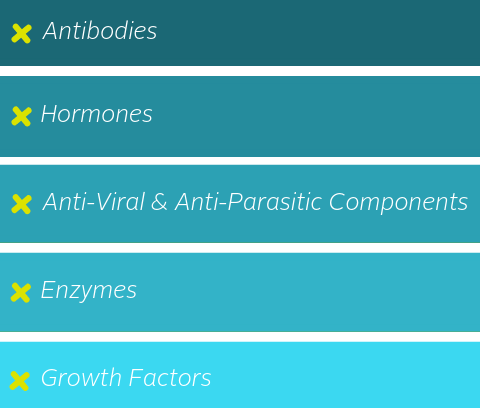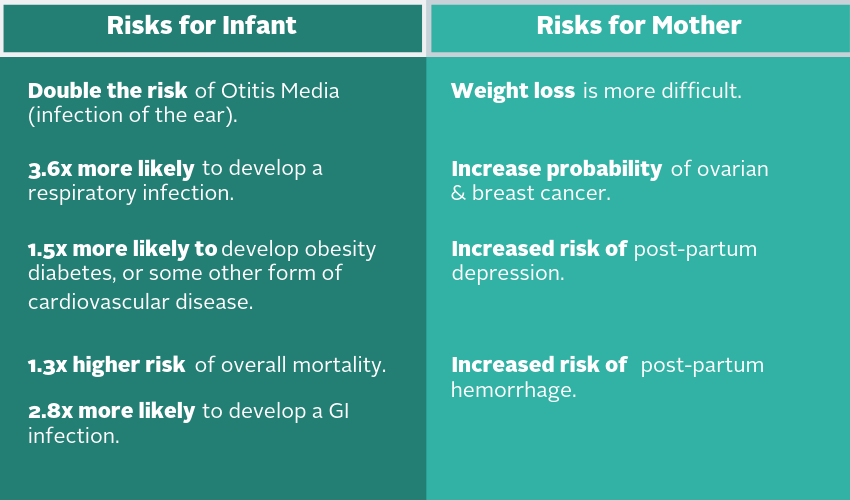Why Is Breastfeeding So Important?
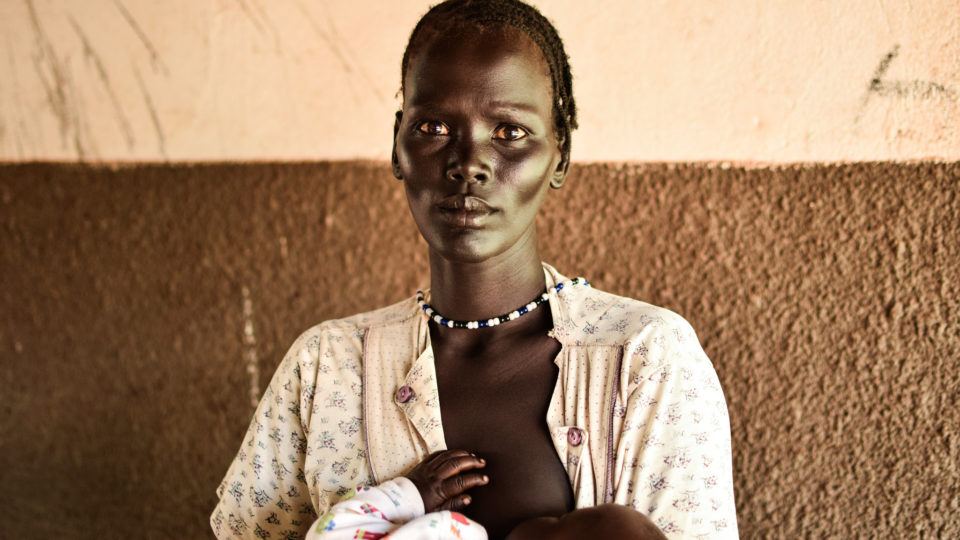
Every year, from August 1st to August 7th, countries around the world celebrate World Breastfeeding Week (WBW), a week dedicated to raising awareness about the importance of breastfeeding.
First celebrated in 1991, WABA, WHO, and UNICEF organized WBW with the goal of promoting exclusive breastfeeding for the first six months of a baby’s life. Why? Because it yields so many great health benefits including — providing critical nutrients, protecting children from deadly diseases, and promoting growth and development. By Achieving a universal increase in breastfeeding around the world, more than 800,000 lives could be saved every year.
The theme of this year’s World Breastfeeding Week is “Empower Parents, Enable Breastfeeding.” CMMB is working hard to empower the mothers we serve in the communities we work by providing key knowledge to help them make informed health decisions. On WBW, we asked our in-house maternal and child health senior specialist, Dr. Claudia Llanten: to tell us about the information they share with new moms about the benefits of breastfeeding?
A study showed that breastfed children had over six-fold greater chance for survival than infants who were not breastfed.
We start with these 1o key facts:
- For the first six months, breastfeeding is crucial
- Breastfeeding protects infants from childhood illnesses
- It also benefits mothers
- It has long-term benefits for children
- Infant formula does not contain the critical antibodies found in breast milk
- Transmission of HIV through breastfeeding can be reduced with drugs
- Marketing of breast-milk substitutes are monitored and not promoted
- Support for mothers is essential
- Mothers should continue breastfeeding, even at work
- Solid foods should be phased in at six months
Breastfeeding is not only the cornerstone of a child’s healthy development; it is also the foundation of a country’s development.
Alternatives
In the places where we work, there aren’t many alternatives to breastmilk. Too often, when women don’t produce milk (or enough milk) their babies become severely malnourished, and too often die. Some mothers try to solve the problem by introducing solids too early, while others use sugar water as a replacement. Both create health risks for the baby.
And the most well known alternative, formula, is either not available or the cost is prohibitive. And even this alternative lacks many of the benefits of breastmilk.
How Breastfeeding Compares with Formula
While formula contains many necessary minerals, vitamins, fats, carbohydrates, fluids, and some proteins found in natural breast milk, it lacks many “live” components that cannot be incorporated because of their short shelf life. These “live” components include:
Each of these are crucial for preventing infections and disease, and are essential for complete nutritional benefits.
Additionally, natural breastfeeding is 100% free. This point is especially important for the communities we work in, where women give birth in low-resource regions and often lack access to even basic healthcare.
A 2006 “Pediatrics” Journal study suggested that 415 of newborns that had died in their first month of life could have been saved if breastfeed in the first hour of their life.
Why is this information sharing so important in the countries where we work?
The chart below shows the prevalence of breastfeeding at different key stages in the countries where we work in. We are doing what we can to help increase these percentages. 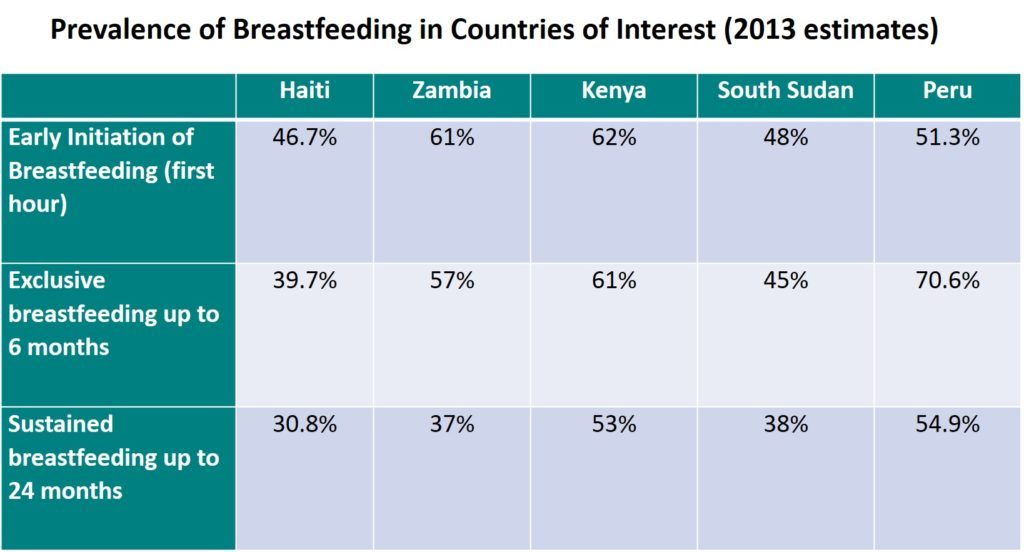
Benefits of Breastfeeding for Mothers
And the benefits extend beyond the baby! Below are benefits for mothers.
- It can reduce the risk of postpartum hemorrhaging
- Breastfeeding by mothers prevents pathological engorgement and milk stasis (swelling, pain, tenderness, and inflation that results from inadequate milk release).
- Prolonged milk stasis triggers feedback inhibition of lactation and decreased milk production — less milk, less breastfeeding.
- It reduces risk for postpartum depression.
Postpartum hemorrhage has been identified as the leading cause of maternal mortality in the world.
